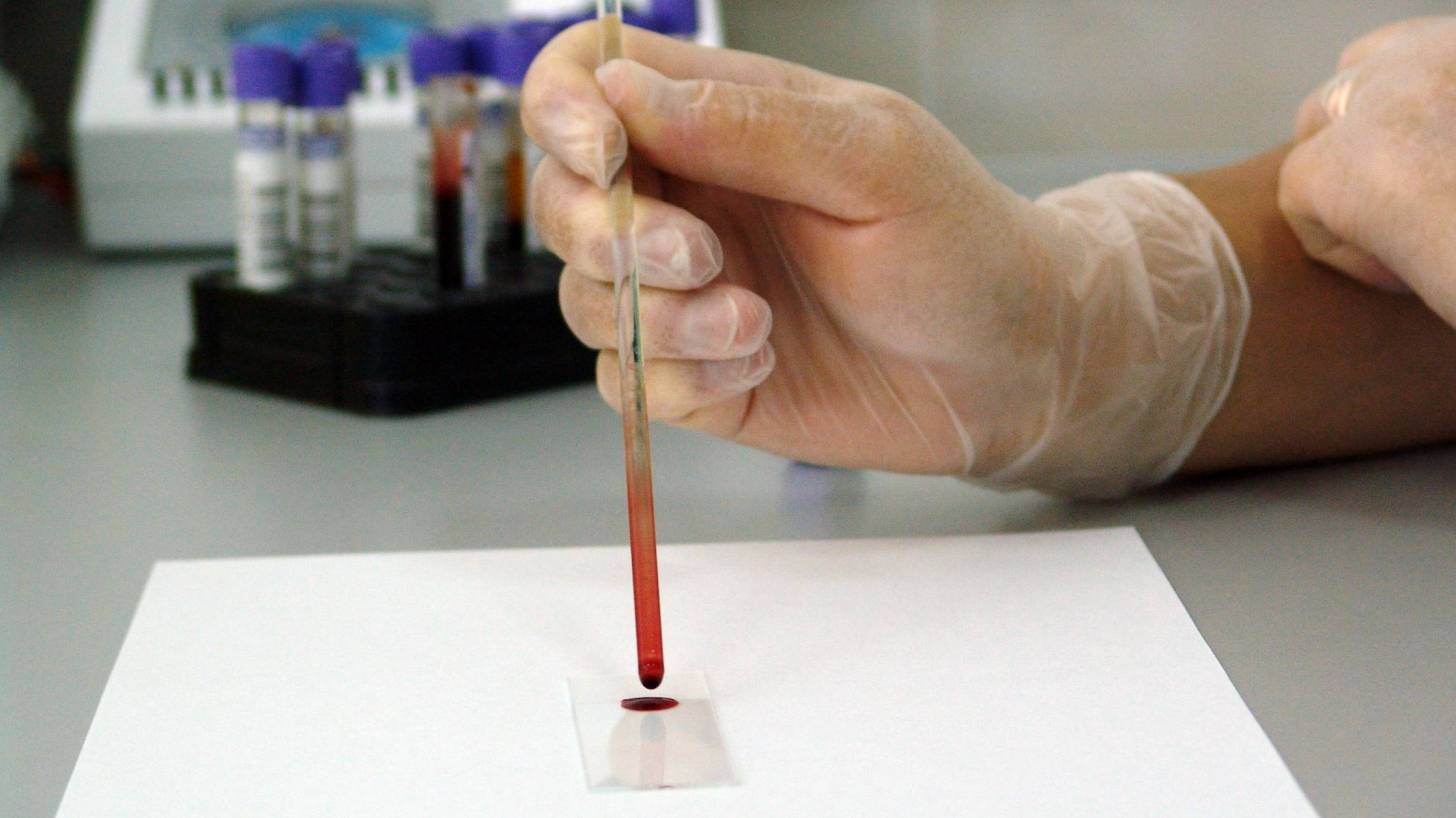New Diagnostic Tests Rapidly Identify Infection Causing Organisms

Recent innovations in molecular testing mean infectious diseases can be quickly diagnosed in hours, rather than days.
As a result, doctors, nurses, and pharmacists can deliver appropriate treatment to patients when it is most beneficial.
To increase provider awareness of these testing innovations, a guide was released by the Infectious Diseases Society of America (IDSA) and American Society for Microbiology (ASM). This guide updates recommendations published in 2013.
Guidance in lab diagnostics is vital because choosing the incorrect test or providing a contaminated or inadequate tissue specimen can lead to a wrong diagnosis and treatment that's not only harmful to the patient but costly, such as leading to an extra day in the hospital.
The guide also notes that excellent patient care is only possible through a collaborative, multidisciplinary approach.
"As fast as technology is moving, especially with the genetic and molecular tests, this update was necessary," said J. Michael Miller, Ph.D., lead author of the guide and director of Microbiology Technical Services, in a press release.
"It also provides guidance in the careful and precise collection and management of blood, urine, skin or other tissue specimens, which is the cornerstone of accurate diagnosis and treatment of an infectious disease and the key to good patient care."
For example, tissue or fluid is the specimen of choice, but many healthcare providers send only a swab, which may not even contain the microbe that's causing the infection.
The guide also includes expanded information on pediatric needs and testing for tick-borne diseases such as Lyme disease as well as information on the advancements in diagnostics, including nucleic acid amplification tests that can identify organisms faster and far less expensively than in the past.
"Instead of using a shotgun approach and prescribing broad-spectrum antibiotics, these new rapid diagnostic tests can help healthcare providers target the specific organism causing the infection much sooner than traditional microbiologic tests," said Melvin P. Weinstein, MD, FIDSA a co-author of the guide and chief of Infectious Diseases, Allergy and Immunology at Rutgers Robert Wood Johnson Medical School.
Additionally, advances in Direct to Consumer lab testing services have empowered individuals to gain clinical insights when needed.
The positive side of consumer ordered lab testing is people will gain additional knowledge about diseases. But, without appropriate healthcare provider advice, unjustifiable costs could be generated.
Tests can generate false positive and false negative results and these can lead to harm. The US Preventive Health Services recommends a limited number of screening tests to healthy people and this is echoed by a number of medical organizations.
According to the Food and Drug Administration, some of these consumer ordered tests lack scientific validity, and others provide results that are meaningful only in the context of a full medical evaluation.
Ulta Lab Tests enables individuals to take control of their healthcare costs while customizing their lab testing in collaboration with healthcare providers.
Ulta Lab Tests provides confidential and affordable laboratory testing to consumers so that they can monitor their wellness and be proactive in the prevention and early detection of disease.
The IDSA/ASM guide panel includes experts in the fields of infectious diseases, microbiology, pathology and pediatrics. In addition to Drs. Miller and Weinstein, the panel includes: Mathew J. Binnicker, PhD; Sheldon Campbell, MD, PhD; Karen C. Carroll, MD, FIDSA; Kimberle C. Chapin, MD; Peter H. Gilligan, PhD; Mark D. Gonzalez, PhD; Robert C. Jerris, PhD; Sue C. Kehl, PhD; Robin Patel, MD, FIDSA; Bobbi S. Pritt, MD; Sandra S. Richter, MD, FIDSA; Barbara Robinson-Dunn, PhD, FIDSA; Joseph D. Schwartzman, MD, FIDSA; James W. Snyder, PhD; Sam Telford, III, SD; Elitza S. Theel, PhD; Richard B. Thomson Jr. Ph.D.; and Joseph D. Yao, MD, FIDSA.
Our Trust Standards: Medical Advisory Committee

